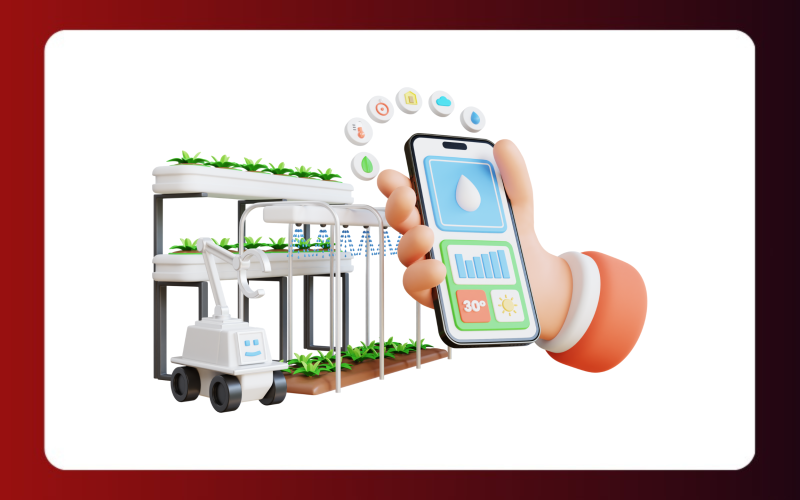Admission Enquiry

Agriculture Technology, often referred to as AgTech, encompasses a wide range of innovative tools, techniques, and practices aimed at revolutionizing and optimizing agricultural production, sustainability, and efficiency. This rapidly evolving field integrates cutting-edge technologies, data analytics, and scientific research to address the challenges facing modern agriculture, including population growth, climate change, resource scarcity, and food security.
One of the key areas of focus in agriculture technology is precision farming, which involves the use of sensors, GPS technology, and data analytics to monitor and manage crop health, soil conditions, and irrigation levels with unprecedented precision. Through the deployment of drones, satellites, and ground-based sensors, farmers can collect real-time data on factors such as temperature, moisture levels, nutrient content, and pest infestations, enabling them to make data-driven decisions and optimize inputs to maximize yields while minimizing environmental impact.
Furthermore, advancements in biotechnology and genetic engineering are revolutionizing crop breeding and cultivation, enabling the development of genetically modified organisms (GMOs) with enhanced traits such as drought resistance, pest resistance, and increased nutritional value. Biotech crops are helping farmers to overcome productivity constraints and adapt to changing environmental conditions, while also reducing the need for chemical inputs and improving crop resilience in the face of climate variability.
In addition to crop production, agriculture technology is transforming livestock management and animal husbandry practices through the use of sensors, wearable devices, and remote monitoring systems. These technologies enable farmers to track animal health, behavior, and productivity in real-time, allowing for early detection of disease outbreaks, optimization of feeding regimes, and improved welfare standards. Automated feeding systems, robotic milkers, and smart barns are also revolutionizing the way livestock are housed, fed, and cared for, enhancing efficiency and profitability for farmers while ensuring animal well-being.
Moreover, agriculture technology is driving innovation in sustainable farming practices and environmental stewardship, with a growing emphasis on conservation tillage, cover cropping, and agroforestry systems to promote soil health, biodiversity, and carbon sequestration. Precision application technologies, such as variable rate fertilization and targeted pesticide application, minimize chemical runoff and reduce environmental pollution, while smart irrigation systems optimize water use efficiency and mitigate the impacts of drought and water scarcity.
Overall, agriculture technology holds tremendous promise for transforming the way food is produced, distributed, and consumed, offering solutions to some of the most pressing challenges facing global agriculture. By harnessing the power of innovation, data, and collaboration, agriculture technology is helping to build a more resilient, sustainable, and food-secure future for generations to come.
Copyrights © 2024 NIILM UNIVERSITY. All rights reserved.